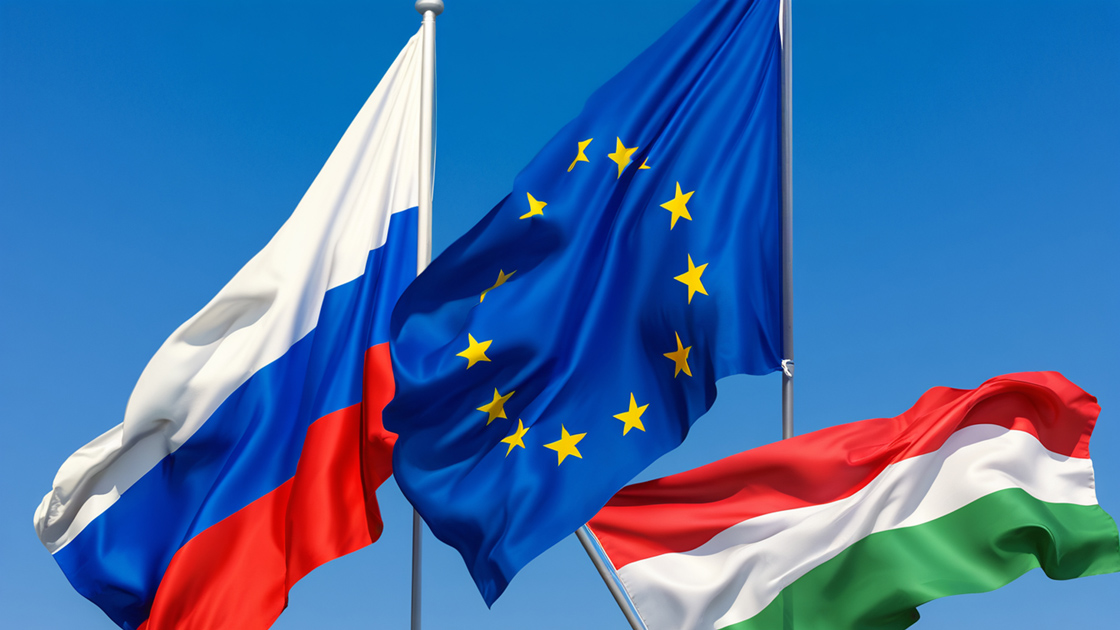Hungary’s political tensions deepened this week after opposition leader Péter Magyar accused Moscow of direct interference in the country’s domestic affairs. The charge came a day after Russia’s Foreign Intelligence Service (SVR) issued a statement claiming the European Commission was considering “regime change in Budapest” — a move Magyar described as a blatant attempt to sway Hungarian voters.
“After 34 years, Russia again wants to directly meddle in Hungarian politics,” Magyar wrote in a Facebook post, recalling the withdrawal of Soviet troops in the early 1990s. “It wants to unabashedly influence the decision of Hungarian voters.” He later warned that “an operation was officially launched against Hungary” by “a foreign, non-allied country” — an apparent reference to Moscow’s role.
The SVR statement, published Wednesday, painted the European Commission as plotting to remove Prime Minister Viktor Orbán’s government, describing it as an obstacle to a “united Europe.” The Russian intelligence agency accused “globalist elites” of backing Magyar, echoing rhetoric long used by Orbán and his allies to discredit political opponents. It further claimed Brussels was “furious” over Budapest’s independent stance, particularly on policy toward Russia and Ukraine.
Foreign Minister Péter Szijjártó quickly seized on the SVR’s claims, saying they contained “nothing new” and mirrored Orbán’s previous allegations that EU leaders were conspiring to oust him. Last October, the Hungarian prime minister accused the EU of attempting to impose a “puppet” government in Hungary, angered by his refusal to back sanctions on Russian energy imports.
Orbán, in power since 2010, has faced mounting criticism from EU partners for maintaining warm ties with Moscow and blocking military aid to Ukraine. On Monday, he stood alone among EU leaders in declining to endorse a joint statement affirming Ukraine’s right to determine its future. The dispute comes as his government struggles to revive an economy hit by inflation and fend off accusations of corruption.
With polls showing Orbán’s right-wing Fidesz party trailing Magyar’s centre-right Tisza Party ahead of next spring’s parliamentary election, analysts say the Russian intervention could escalate an already heated campaign. It also reopens the question of Hungary’s alignment with its NATO and EU partners, a relationship Orbán has increasingly strained over the past decade.


Leave a Reply Cancel reply
Top 5 Articles
 Shaping a Generation of Creative and Resilient… September 10, 2025
Shaping a Generation of Creative and Resilient… September 10, 2025  New Page in the History of Budapest Airport October 8, 2025
New Page in the History of Budapest Airport October 8, 2025  For the Export Success of Hungarian Enterprises June 17, 2025
For the Export Success of Hungarian Enterprises June 17, 2025  Representing France in Familiar Territory October 6, 2025
Representing France in Familiar Territory October 6, 2025  EC Clears EUR 10.8 Mn in Support for Hungarian Farmers October 10, 2025
EC Clears EUR 10.8 Mn in Support for Hungarian Farmers October 10, 2025





No comment yet. Be the first!